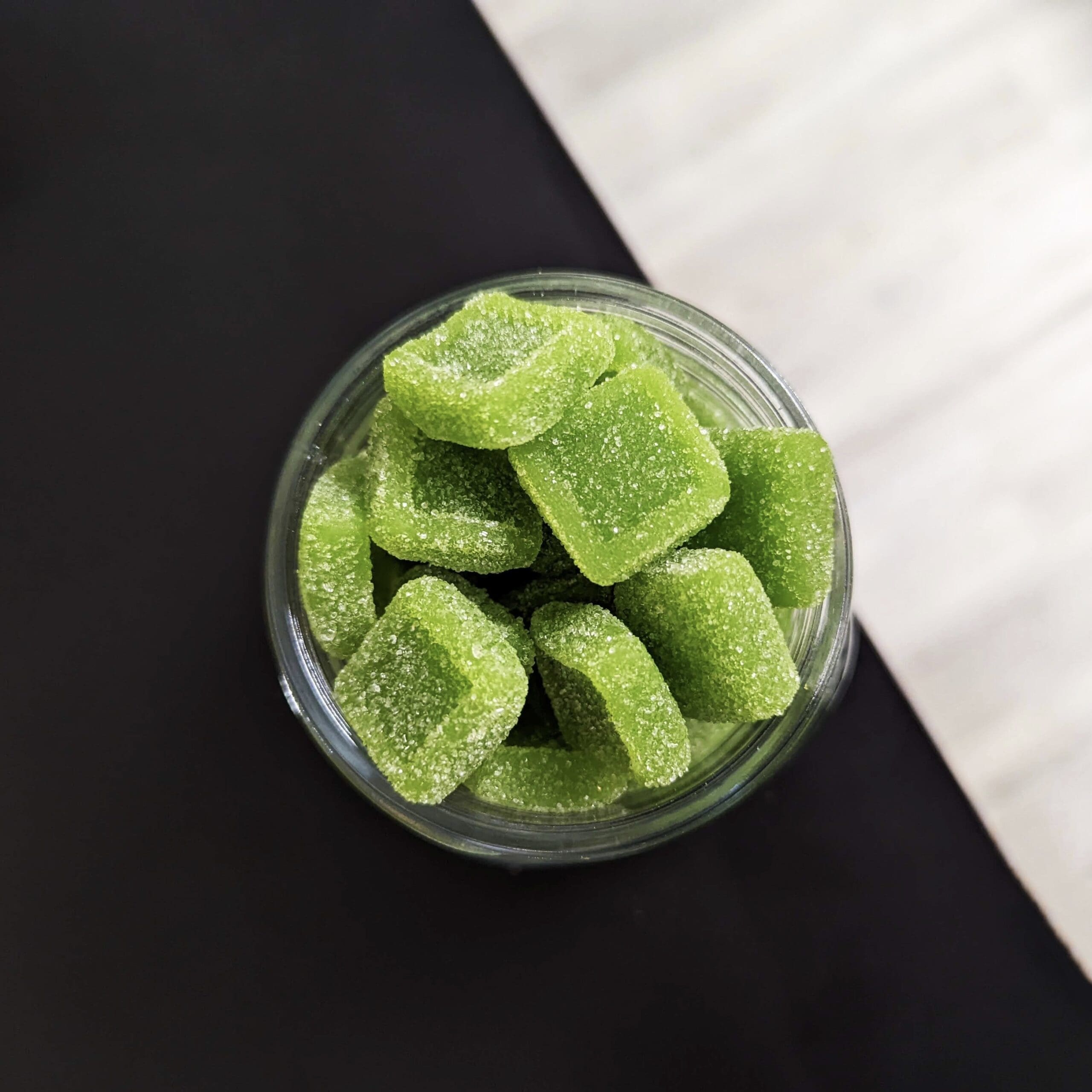There are so many conditions out in the world, one of the most debilitating being arthritis. So many people get it, and it comes in a few different forms. One of those, being known as gout. Gout has been affecting people throughout history, first being diagnosed over 2,000 years ago! This makes gout one of the oldest/most prominent diseases in human history. So, what can be done to help fix it? Can we make
it better or go away entirely? Well, you’re in luck! In this article, we will be talking about gout and kombucha. What they have to do with each other, what they are, and how this well-known drink can help with the infamous gout.
What is Gout?
Gout is a form of arthritis that often shows itself in the middle of the night, suddenly hitting your joints with a deep, unrelenting pain. Gout frequently results when needle-like crystals of uric acid develop in the body’s connective tissue in the spaces between the joints, causing uric acid crystals to become inflamed, the surrounding area then leading to inflammatory arthritis. This inflammatory arthritis is liable for pain, heat, redness, stiffness, and swelling that is usually correlated with gout.
What are the Symptoms of Gout?
These symptoms usually include the following: Multiple attacks of acute arthritis, arthritis attacks that can develop over the course of a very short period of time, Arthritis attack that affects only one joint most often affecting the toe, ankle, or knee, 12-24 hours with inflamed, painful, red, and hot joints. When it shows up, gout will most often impact the joints of the big toe. Gout is believed to affect the big toe of 75% of all patients throughout the course of the disease. Men tend to have greater levels of uric acid in their bodies to begin with, this then impacts more men than women. Though, after menopause, a woman’s uric acid level usually rises and is similar to a man’s level. Age seems to play the biggest role in when gout shows up in a person. Men normally develop gout between the ages of 30 and 50. Women, in contrast, rarely develop gout until they are 50 and older. Very few cases of gout have been detected in children and young adults.
What is Kombucha?
Kombucha is a fermented, lightly effervescent, sweetened black tea drink commonly consumed for its purported health benefits. Sometimes the beverage is called kombucha tea to distinguish it from the culture of bacteria and yeast. Juice, spices, fruit, or other flavorings are often added.” Kombucha is believed to originate in China or Japan. It’s created by combining specific strains of bacteria, yeast, and sugar to black or green tea, then letting it to ferment for a week or more. Throughout this process, bacteria and yeast create a mushroom-like film on the surface of the liquid. Therefore, kombucha is also known as “mushroom tea.” This mass is a living symbiotic colony of bacteria and yeast, or a SCOBY, and can be used to ferment new kombucha. The fermentation procedure makes acetic acid (also found in vinegar) and numerous other acidic compounds, hints of alcohol and gases that make it carbonated. The name comes from the Japanese term konbu-cha/kobu-cha, which means “kelp tea.” This refers to the drink originally being made with powdered konbu (an edible type of kelp) and is different from the
modern fermented tea we have in our modern time.
How can Kombucha help?
This drink has a lot of health benefits that most people don’t even know about. For example, kombucha has a probiotic in it, which can help with gut issues or as a preventative for infection. There are some types of kombucha out there that contain the types of green tea containing epigallocatechin-3-gallate (EGCG), which can help improve your metabolism. Kombucha made from green tea may support many of the same health benefits as green tea itself, such as weight loss and blood sugar control. This can be a game changer if you’re looking into losing weight, though it isn’t a “magic weight loss product”, it can still promote a healthier. And if you need help with keeping your blood sugar in at a manageable level. On top of that, according to recent research, kombucha is also capable of assisting with gut troubles due to its ability to balance good bacteria in the stomach. This is very beneficial to help relieve gastrointestinal issues you may be experiencing as well due to said balance in good bacteria. Speaking of bacteria, this product being high in tea polyphenols and acetic acid, both being shown to suppress the growth of undesirable bacteria and yeast in the body. Kombucha has been shown to be rich in antioxidants, there have been studies done to shown that it protects rats’ liver from toxicity. Kombucha is also able to help with reducing inflammation in the body. Chronic inflammation can be linked to most, if not all, health conditions. Including heart disease, diabetes, arthritis, respiratory illness, and more.
While it doesn’t work like medicine, it can aid you in a promoting a healthier lifestyle that can reduce overall inflammation in your body. Due to these benefits, kombucha is also able to help boost your immune system! Most, if not all, kombucha drinks contain many different bacteria, yeast, and other nutrients that help your body.
How Kombucha helps with Gout
From what we’ve seen through many studies, kombucha is able to slow down/stop the buildup uric acid into crystals of urate. Kombucha turns uric acid into a water-soluble solution that is flushed out the system through the urinary tract; these toxins are dissolved and excreted by the kidneys by combining with glucuronic acid to form soluble glucuronides or paired glucuronic acid. There is one benefit more.
Kombucha protects you from kidney and stones in your bladder. For gout sufferers, this is a very important perk. First of all, they are at a higher risk of developing stones. Secondly, those stones can decrease kidney function, the same organ that removes excess uric acid. Overall, this may look like a simple health benefit, but in reality, it is far from that.
Conclusion
While this isn’t a “end all be all cure,” it is still worth a try to reduce your gout symptoms. Though if you are experiencing gout, or anything similar to it, always make sure to talk to your health care provider to see what solution is best for you.






Leave A Comment
You must be logged in to post a comment.